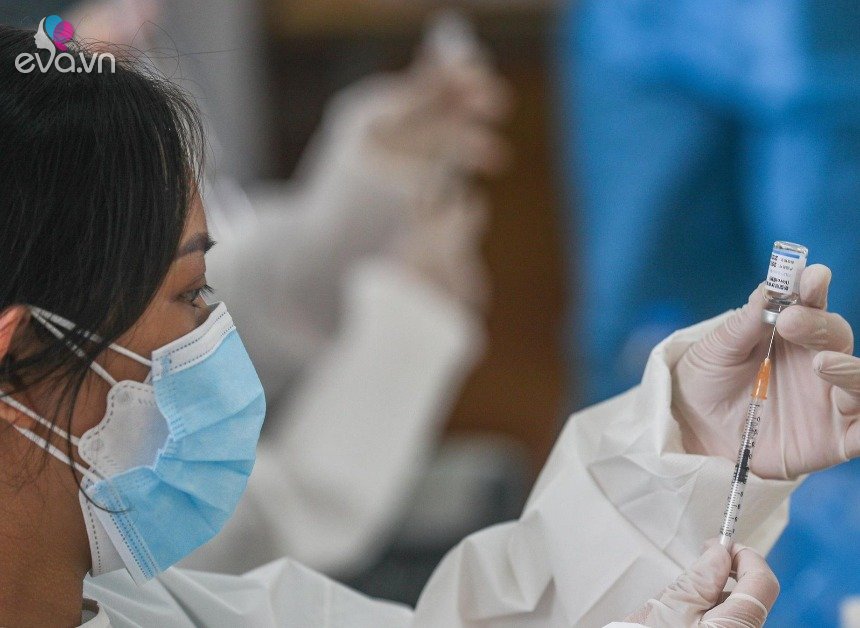Many F0s have not fully recovered after a year
BrotherMore than 60% of people hospitalized with Covid-19 feel unwell one year after discharge, especially women and obese people.
Prolonged Covid-19 refers to a range of new or ongoing health problems that people may experience 4 or more weeks after first contracting the virus. Some lingering Covid-19 symptoms include fatigue, breathing problems, changes in smell or taste, and joint and muscle pain.
According to a study in the medical journal The Lancet Respiratory Medicine, researchers in the UK followed 2,320 people discharged from hospital between March 7, 2020 and April 18, 2021. The participants were initially hospitalized with Covid-19-related problems, and they were followed up for 5 months after discharge to assess for symptoms. The patients completed questionnaires about a number of issues related to anxiety, depression, fatigue, post-traumatic stress disorder (PTSD), and other health problems. The doctor also checks their cognitive ability and lung function.
![Many F0s have not fully recovered after a year 1 [Caption]. Photo: Financial Times](https://i1-suckhoe.vnecdn.net/2022/05/11/cf0b860a-54ec-4eee-8a92-c6b770-4007-4153-1652256713.jpg?w=680&h=0&q=100&dpr=1&fit=crop&s=WDigmEgPP0ZHlBhxhbwnbw)
According to the latest study published in the Journal of Women’s Health, women are more likely to experience prolonged Covid-19 symptoms such as loss of appetite, fatigue, palpitations … more than men. Image: Financial Times
Participants were divided into four groups, depending on the severity of their physical and mental health symptoms: very severe, severe, moderate and mild. Half of the participants fell into the very heavy and severe groups. After 5 months, only 25.5% of this group felt a full recovery. This number only increased by 10%, about 28.9% after a year. The researchers found that many people who were on ventilators in the hospital did not fully recover after a year. In addition, the rate is higher in women and those with obesity.
Study author Dr Rachael Evans, Associate Clinical Professor at the University of Leicester, UK, said: “Limited recovery from 5 months to a year after admission is associated with health symptoms. Mental health, exercise capacity, organ failure, and quality of life are remarkable.In particular, women and those with obesity may need more aggressive interventions such as supervised rehabilitation. close”.
Ziyad Al-Aly, Director of Clinical Epidemiology at Washington University School of Medicine in St. Louis, Missouri, spoke about Covid-19 lingering on the “Show Me the Science” podcast and noted that of the problems F0 has long experienced, at least one is related to inflammation.
“We’re looking at the long-term consequences of Covid-19 and looking further into the cardiovascular manifestations. These are cardiac manifestations, mental health disorders, kidney disorders and most recently, kidney disorders. Inflammation is a contributing factor to the development of type 2 diabetes. This outcome affects millions and millions of people, and our health systems need to be well equipped to cope with it. deal with this serious situation,” the doctor revealed.
Dr Claire Taylor, a doctor and neuroscientist formerly with the ME Trust in the UK spoke to Medical News Today about this study. “We are severely lacking in tests to show objectively that people have not fully recovered and what is causing the problem,” she said.
In addition, she noticed problems related to inflammation in long-lasting Covid-19 patients. Therefore, she hopes the blood tests performed in this study will open a new avenue to clearly see the inflammation that is going on in persistent Covid-19 patients.
Y Linh (According to Medical News Today)
at Blogtuan.info – Source: vnexpress.net – Read the original article here


